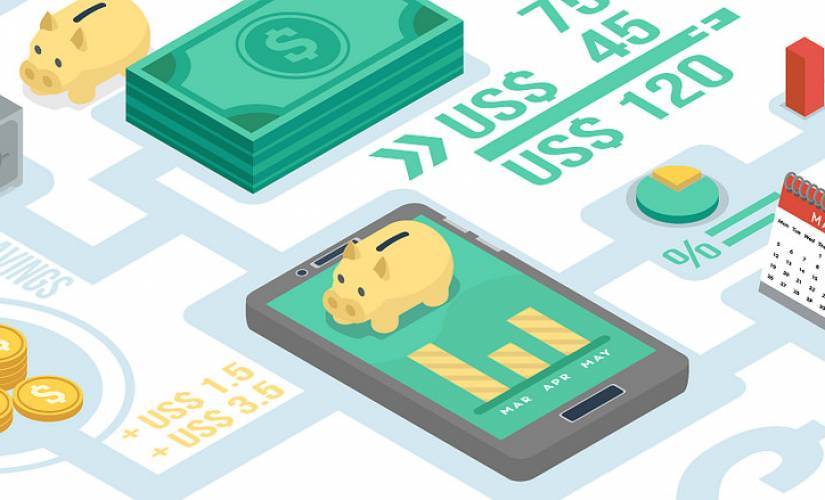Fintech has proven invaluable in the startup world. When you’re starting from scratch, you need all the help you can get, and fintech solutions quickly come to the rescue. Thanks to these financial services, many a small business has begun to thrive. Let’s take a closer look at how technology has simplified the financial matters for initially small ventures.
Loans and lenders
Hardly any startup is completely satisfied with its finances the moment it begins to operate. There are plenty of challenges ahead which could easily be solved by a quick bank loan. While in the old days even qualifying for the loan meant walking from one bank to the other with tons of paperwork, nowadays the whole process is much simpler.
You can be only a few clicks away from having your credit score estimated, or your loan pre-approved. For starters, just find an online loan calculator. Time is money, and this is extremely time-saving. Also, it is much easier to gain a better knowledge of the different offers and compare them before taking the plunge.
Overseas fees
All entrepreneurs shiver at the very thought how much they had to pay to credit companies when they were doing business with overseas clients. Let’s admit it, no one likes wasting money on high transaction fees, and that had to come to an end. With services such as PayPal, more money can be spent on “what matters,” and that is investment growth.
Instant invoicing
The most dreadful situation for every startup is the period when you are entitled to the money for your services and products (as they have already been delivered), but you are still waiting for the clients to pay the invoice they have received.
Today, however, a startup can choose to finance the receivables instantly. Professional investors can be invited to finance the invoices for a negligible fee, while the startup decides which invoices it wants to see financed, i.e., how much money it wishes to collect.
Satisfied customers
Automated billing processes will increase efficiency and accuracy. It can also improve customer experience to reduce churn. For instance, automated emails on a comprehensive billing platform can handle payment reminders, declined card notifications, renewal notices, etc.
Good subscription management software will contribute to your bottom line by reducing revenue leakage and handling complex compliance issues like revenue recognition. In short, a robust fintech billing solution ensures seamless cash flow, scalability, revenue growth, and improves customer satisfaction.
Cybersafety
Another advantage of fintech is the fact that it has also raised the bar when it comes to cybersecurity. Since fintech has made all the payment processes much simpler and faster, it is only too luring an opportunity for hackers. That’s why cybersecurity has been strengthened, and methods such as fingerprint and voice recognition are no longer reserved for spy movies.
Financial overview
One of the biggest advantages of fintech is the fact it gives the owner an opportunity to be fully aware of how the company financially stands at the moment, instead of waiting for the monthly reports. As well as that, fintech services make it possible not to oversee the bills which are due.
Admittedly, every small startup struggles at the beginning with paying regular bills and tends to delay the inevitable long enough to get hold of the expected revenue. Unfortunately, it so happens that the deadline is passed, which calls for some extra fees. Nevertheless, fintech gives out timely warnings.
To summarize, fintech has greatly influenced the lives of both business owners and their customers, but in a great way. It makes the business run smooth, enabling the startup to tackle the challenges successfully and evolve into a bigger company.
As for the downsides, perhaps the only one would be that it may become hard to keep track of the latest fintech solutions, which are constantly appearing, and differentiate among the best.





